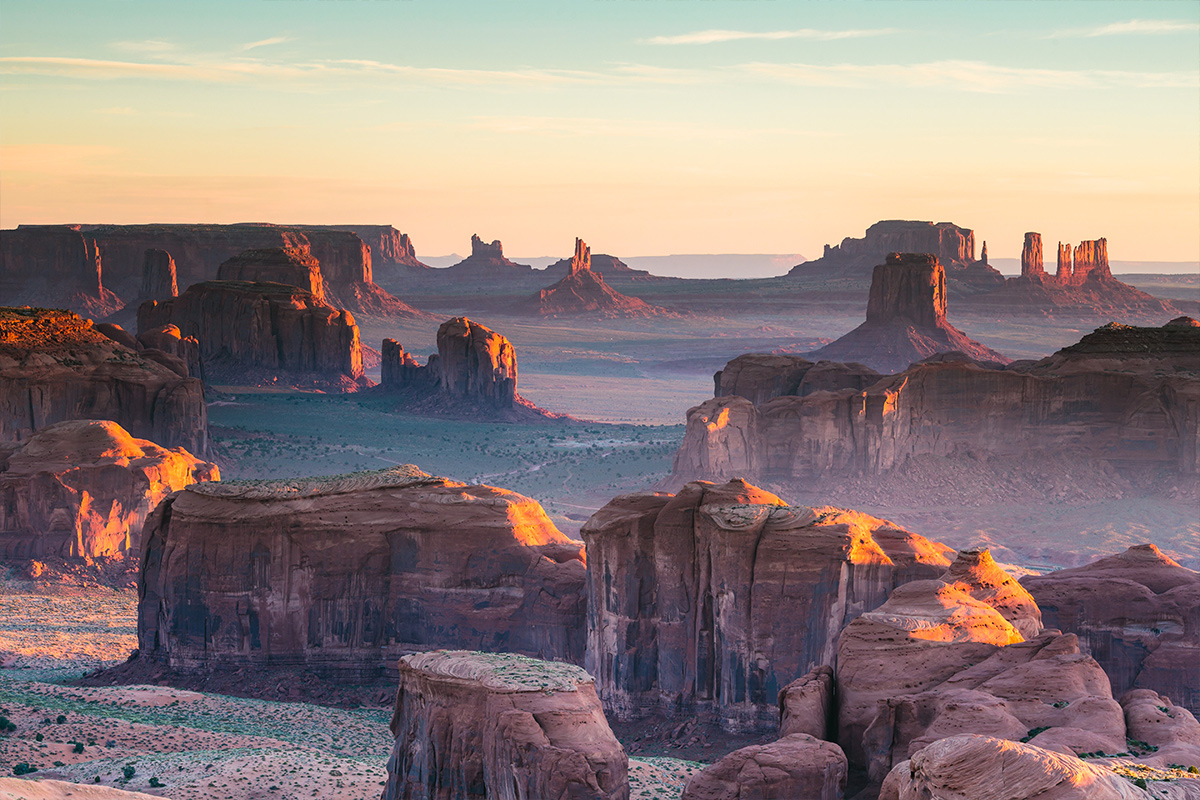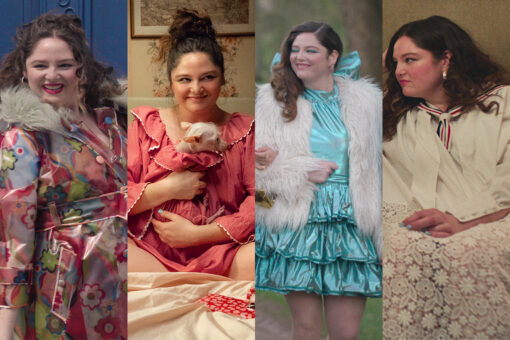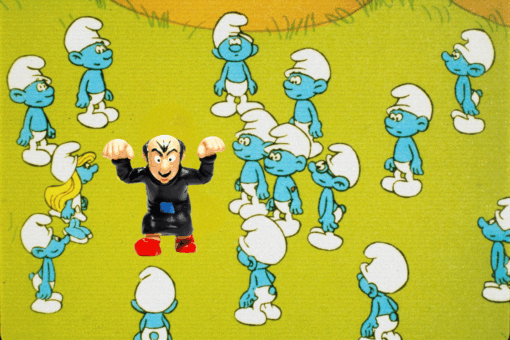Having invisible identities is tough, and when you live in a community where those identities don’t have a prominent home, it can feel like you’re alone in the desert.
And that’s precisely where I live: the Sonoran Desert.
Being Jewish in places outside of the densely populated areas like New York or Los Angeles can be an isolating experience. When you see a lack of representation of the person you are, it can be hard to love the body you’re in and feel truly connected to yourself.
Growing up in a more rural part of Phoenix, Arizona, I was often profiled by kids at school purely for having stereotypical Jewish features: curly hair and a nose with character (I have forbidden myself from calling it “large” or “big” anymore). I was a punchline. People thought it was funny when they found out I was Jewish. As a kid, I honestly never understood why. However, as an adult, I’ve realized just how dangerous a lack of exposure can be and how it fails to educate people about the world around them. I knew there were other people like me in Phoenix, and I knew that my identity wasn’t a joke — but I wasn’t able to find what I was looking for (yet).
My family dynamic involves only my father and me having Jewish roots, and our relationship has fallen off over the last few years. This fact made it even harder to feel connected to myself when my own family can’t share it with me. Growing up in a primarily non-religious household, much of my Jewish identity has been cultural, and I craved more of it.
When you don’t have community through family or friends, you have to create it for yourself. Being queer as well, the process of making space for myself has become a familiar one.
My experience being Jewish in the southwest, like any place with a smaller, less obvious Jewish identity, has been much like a game of I Spy. It’s there; you just have to take a closer look to find it.
To create a community for yourself, you have to get creative in the ways you seek and find comfort. My journey to connecting with my Jewish identity began long ago but became an aggressive, unavoidable need in March of 2020 when the pandemic hit hard here in the United States. When you’re forced to sit with yourself, you become more aware of your emotions and what needs are not getting met. For me, feeling alone in who I was as a queer and Jewish woman was some of the most prominent pain I was experiencing. So, like the good millennial I am, I took to the internet.
Googling “Judaism in Arizona” was a vague and (at first) unrewarding excursion. However, I kept searching. The most potent of my internet discoveries was that Phoenix has a Jewish Cultural Center (originally the first synagogue in Phoenix). To make it better, it’s only three miles from my apartment. Unfortunately, due to COVID, the center has been closed, but they’ve taken the liberty of putting their rotating exhibits online for a safe, virtual experience. Mid Century Jewish Life in Phoenix is the current featured exhibit, and it shocked and delighted me to see how rich the community in Phoenix has been, even if it wasn’t apparent to me.
I learned that there was a massive influx in the Jewish community in Phoenix in 1945, just shortly after the war ended. This community was (and still is) densely located in the Camelback East neighborhood (again, only miles from my apartment). One day, I decided to drive around and see what hidden gems I could find.
From delis to temples to families walking around with their kids, Jewish culture was everywhere. I had driven up and down these streets for years. Still, because I didn’t associate Phoenix with having a Jewish identity, I was overlooking what was right in front of me: thousands of Jewish people thriving in the desert, delis with excellent lox, and community centers full of events, both cultural and religious, just waiting to be explored.
Now, in a COVID era, it’s hard to interact with the community for the time being. Knowing this, I came up with a temporary solution until I can safely consume all that the community here in Phoenix has to offer. I started by exploring my local bookstore to make an at-home community full of cookbooks with Jewish recipes, memoirs, and other stories by Jewish authors. Good food and good conversation have always been my two biggest comforts. I highly recommend making homemade latkes and reading anything written by Melissa Broder for some Jewish self-care.
This exploration opened my eyes and mind to the possibilities of what creating a community means. But, most importantly, a sense of belonging starts with yourself, and it can indeed come from anywhere, even your local bookstore.
A sense of belonging can come in unconventional ways, as long as you know what to look for — and to this lovely Alma community (and beyond), I hope you always find it.



